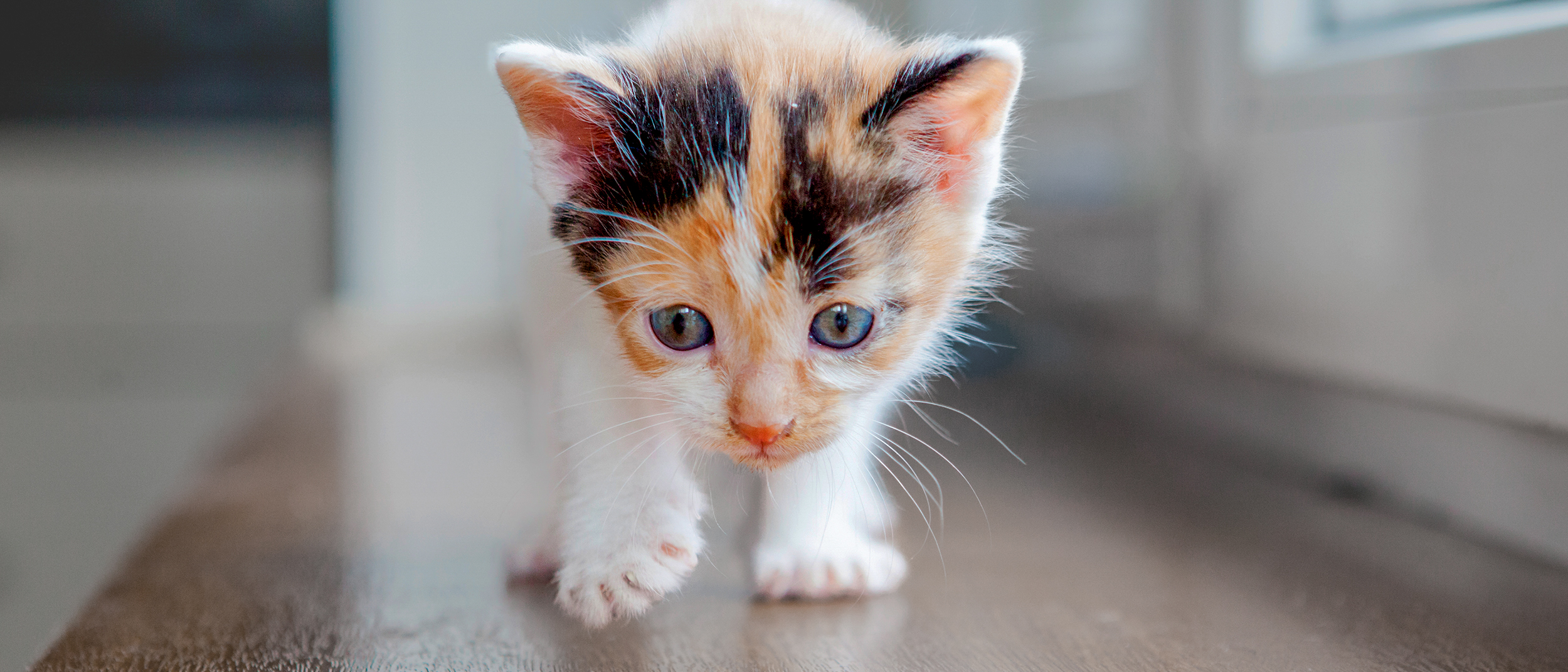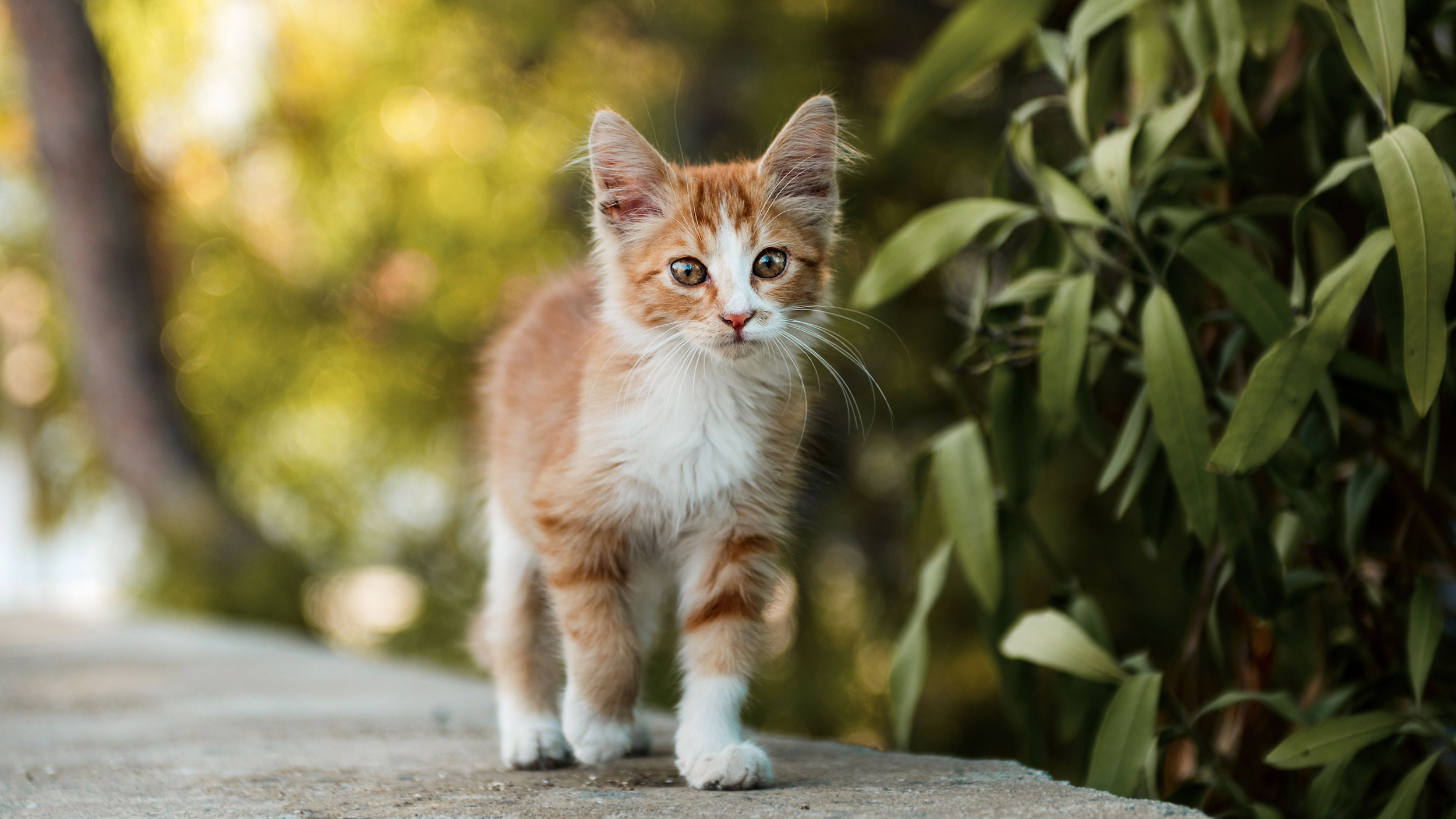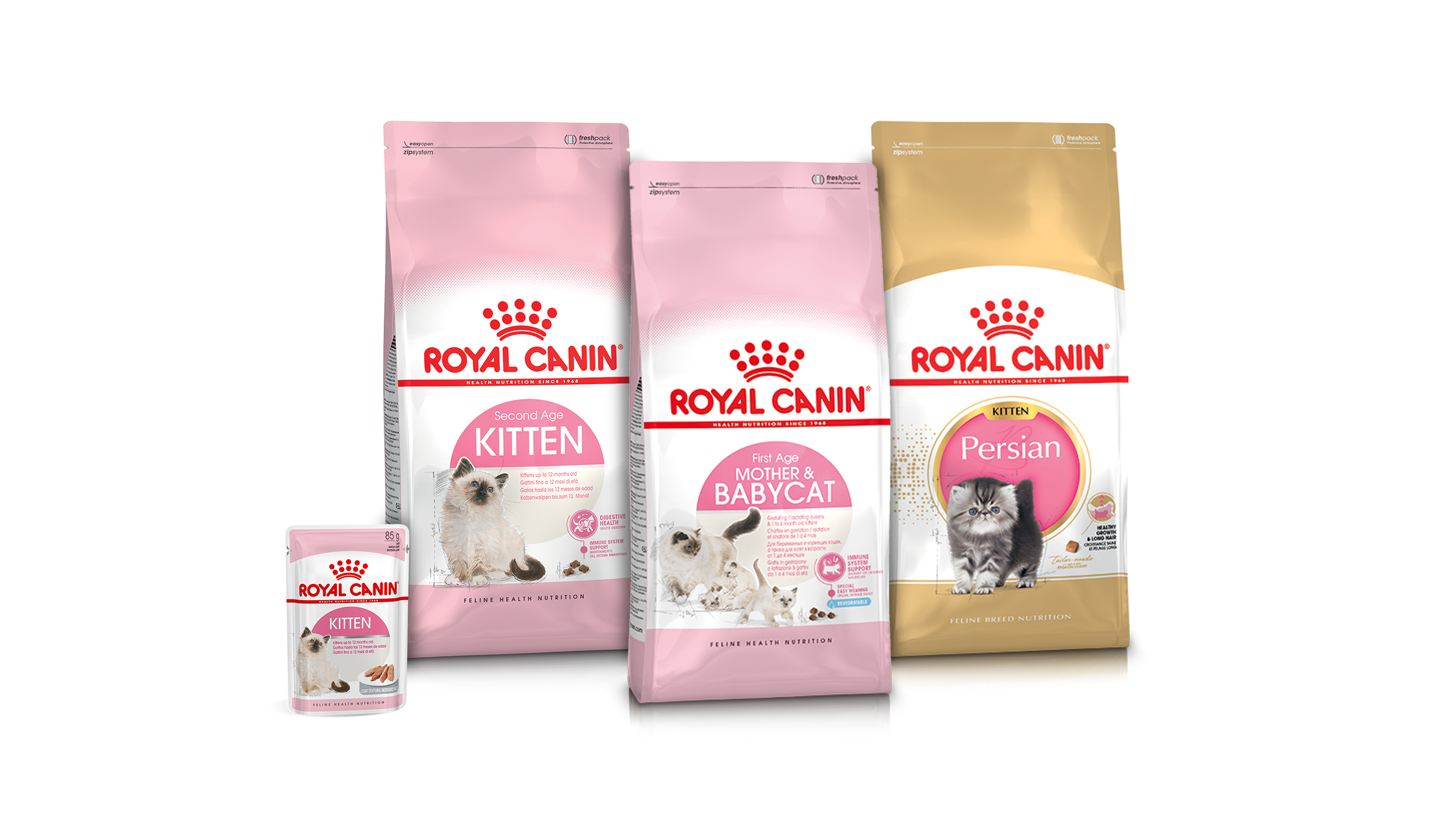Preparing your home for your new kitten

When your new kitten arrives, your aim will be to make them feel safe and protected. Although you may not realise it, there are a number of dangers in your home, and certain oversights that could jeopardise your kitten’s safety. However, by preparing and adopting some simple habits, you’ll be able to protect your kitten once they arrive.
Preparing your home for your new kitten
There are a number of things you can do to help keep your kitten safe:
- Hide electrical wires - Kittens can chew through electrical wires so it’s important to check around, using cable ties or covers so your kitten can't access them.
- Cover electrical sockets - Use plug socket covers throughout their new environment to avoid your kitten accessing the electrical sockets.
- Check windows, balconies and stairs - Walk around your house and look for any danger. Is there anywhere your kitten could get stuck, or maybe fall from? If so, make the necessary changes required, such as locking open windows.
- Put away all medicines - If you have any medications then these should be stored somewhere safe and out of reach.
- Put away small and sharp objects - Items such as elastic bands, drawing pins and needles should be put away to avoid your cat getting injured.
- Close dustbin and toilet lids - It's important to get in to the habit of closing the lid on your dustbin and toilet to avoid your kitten falling in. You also need to be careful with bin bag strings as cats can swallow these.
- Remove plastic bags and foam objects - Ensure that no plastic bags or foam objects are left lying around as your kitten may choke on them if swallowed.

Preparing your garden for your new kitten
Your kitten won't go outside initially, however you need to make sure that your garden is safe and ready for when they do.
- Check your garden for potential risks - In the same way you did indoors, it's a good idea to look for anything that could be dangerous for your kitten, such as places could fall or get stuck.
- Put away pesticides, weed-killers and rat poisons - If you use garden products, such as weed-killer, then you need to make sure they’re stored somewhere your kitten won’t be able to reach them.
Toxic Plants - Inside and outside the home
Instinctively, kittens will not eat toxic plants but it’s safest to avoid contact in their environment. For a full list of toxic plants consult your vet, however, some of the most common toxic plants found in and around the home are:
- Cyclamen
- Holly
- Mistletoe
- Wisteria
- Dieffenbachia
- Philodendron
- Azalea
- Rhododendron
- Jerusalem cherry tree
- Oleander
- Poinsettia
- Ivy
- Aucuba
- Sweet peas
- Weeping fig
By carrying out a number of checks in advance and getting your home ready in the right way, you can help your kitten be safe and comfortable in their new environment.
Related Articles

Tailored nutrition for your kitten
Nutritional formulas that help to build your kitten's natural defences, support healthy growth, and aid in digestive system development.
Like & share this page with your friends & family